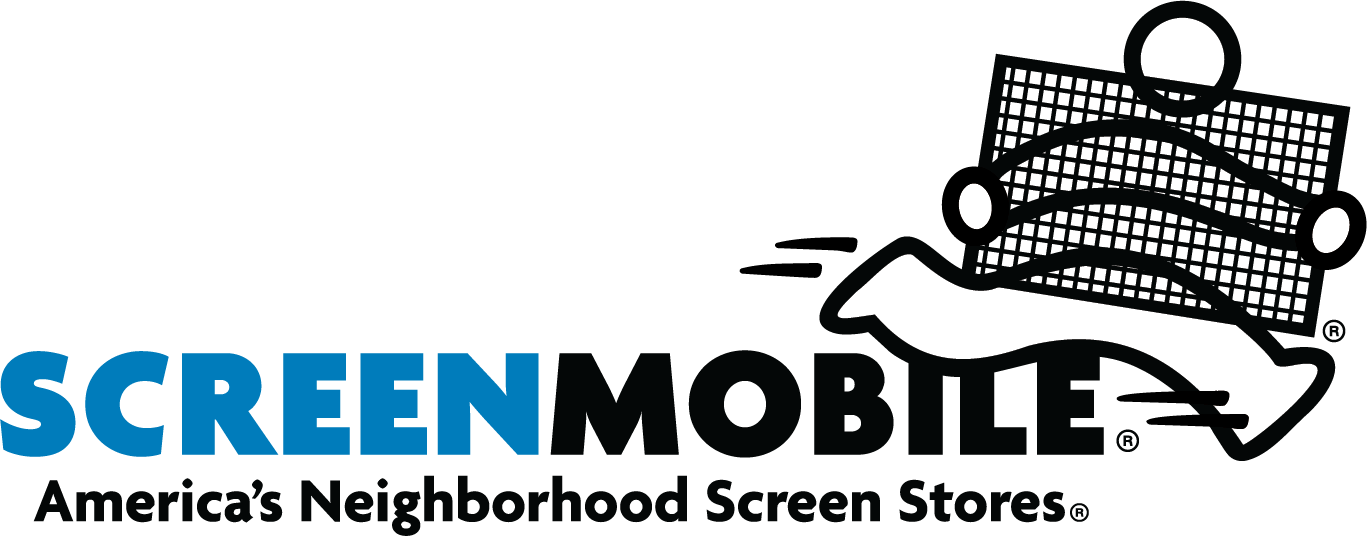Franchising has changed much over the years though the core concept of working under the license of another business has remained. Today franchising is relatively regulated by the Federal Trade Commission (FTC), which sets out rules about how a franchisor must communicate with potential franchisees. This is done through the federally mandated franchise disclosure document FDD, which has a number of specific points about a franchisor’s financial records, fees and contract requirements.
The exact terms of a franchise contract will vary depending on the franchisor, but there are some certainties for how the system will work. These include:
Franchise Fees/Royalties:
One definite is that a fee will have to be paid, not least because the FTC requires a minimum of $500 to be paid for the relationship to be considered a franchise. The amount of initial fees or ongoing royalty payments will be decided in the franchise agreement signed at the start of the partnership.
Trademarks:
It can be hard to quantify the power of a recognized brand name, but franchisees are betting it’s worth at least the royalty fees they’re paying. This license to use trademarks such as product names, slogans or intellectual property, as well as to trade under the franchisor’s name and use their branding, is the franchisor’s end of the exchange in a franchise relationship.
Business Systems:
One of the main reasons people open a franchise instead of a whole new business is the advantage of using the franchisor’s operations systems, which have been honed over years and multiple different instances. These will help the business to operate more efficiently and save the owner time when dealing with work situations.





















